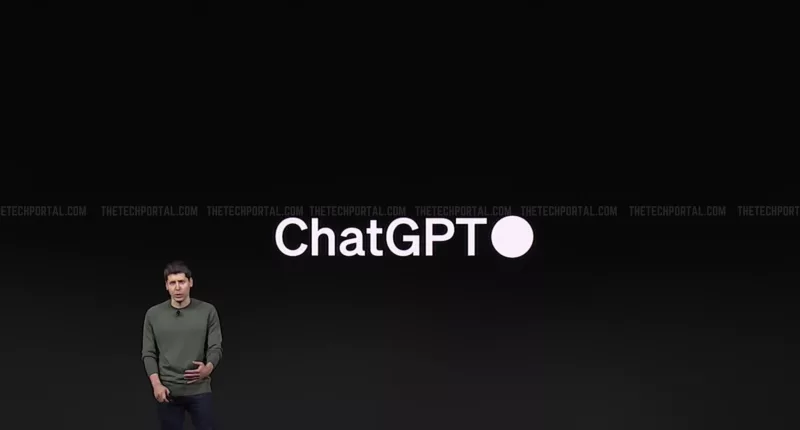It seems that going forward, ChatGPT will have a better memory than most of us after two cups of coffee and three forgotten passwords. OpenAI’s chatbot is no longer just here to answer your weird midnight questions — it’s now quietly remembering that time you told it you hate pineapple on pizza or that you asked it for relationship advice at 2 AM. And yes, it might even bring it up later.
OpenAI’s new memory feature enables ChatGPT to store and recall information shared during past conversations, allowing the chatbot to generate responses that better reflect a user’s preferences, interests, and conversational history. Prior to this, while ChatGPT could respond contextually within a single conversation window, the model lacked the capability to carry information over to new chats unless explicitly told to do so. this changes now.
The updated system operates with two main controls: “Reference Saved Memories” and “Reference Chat History.” The former allows users to direct ChatGPT to remember specific details, such as names, preferences, or project-related information, that might be useful for future conversations. This mechanism was partly available in earlier iterations but required users to explicitly instruct the chatbot to retain such details. The latter, “Reference Chat History,” enables the model to automatically draw on a user’s prior conversations without requiring manual prompts.
The memory feature is being introduced gradually, with priority given to users on the paid ChatGPT Plus and Pro plans. According to OpenAI, this phased rollout approach will help monitor performance and gather user feedback before expanding to a broader audience. The feature is not currently available to free-tier users, and the company has indicated no specific timeline for its wider release. Regions such as the UK, EU, Iceland, Liechtenstein, Norway, and Switzerland will not receive the feature immediately due to the need for compliance with local regulations and external review processes. Additionally, the new memory capabilities are expected to be extended to ChatGPT Enterprise, Team, and Education users at a later date, although no definitive launch schedule has been announced.
OpenAI adds that users will retain full control over the memory feature. Settings within the ChatGPT interface allow users to disable memory functions entirely or opt out of specific components. Users can also access and manage their saved memories, reviewing what information has been retained and deleting it if desired. The firm also offers a “Temporary Chat” mode, which ensures that conversations conducted in this setting will not be saved or contribute to the chatbot’s memory. This mode operates similarly to an incognito or private browsing feature, offering users a secure option for sensitive or short-term conversations.
The capability to remember past interactions will be a useful addition, and can be a boon for users who manage long-term projects, for example. This update also addresses a common frustration experienced by users of previous AI models: the inability of chatbots to recall context from earlier conversations. With the expanded memory capabilities, users will no longer need to repeatedly provide background information – something that can save time and makes longer, multi-session interactions smoother.
The Tech Portal is published by Blue Box Media Private Limited. Our investors have no influence over our reporting. Read our full Ownership and Funding Disclosure →






